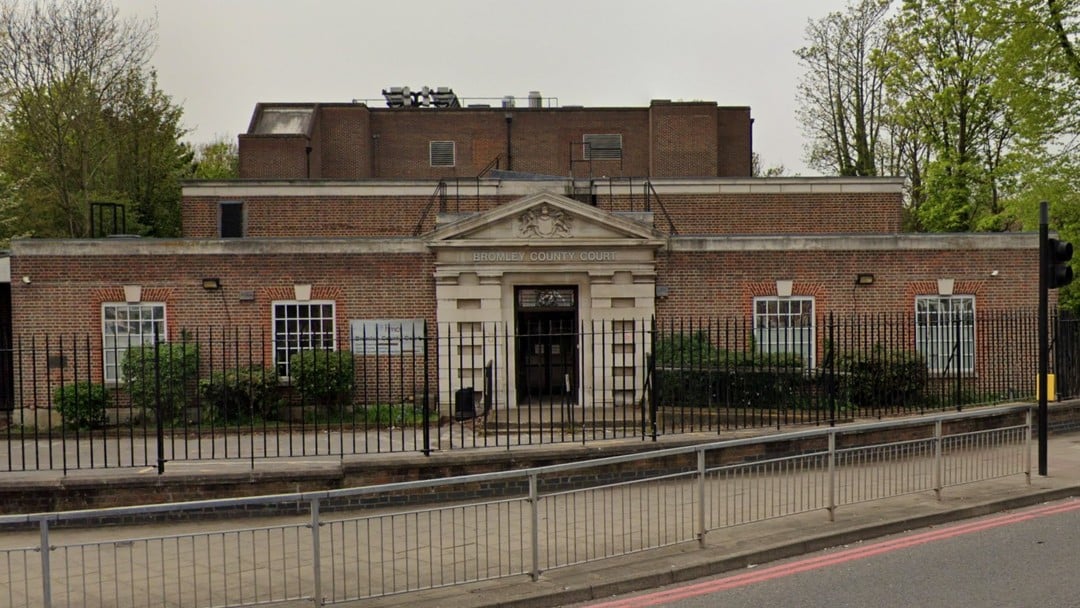Southern Housing v Emmanuel: No jurisdiction for forced entry orders in access injunction cases

District judge rules courts lack power to authorise landlords' forced entry to enforce access injunctions.
In a reserved judgement handed down on 27 October 2025, District Judge Cridge at Bromley County Court has provided much-needed clarity on a contentious procedural question: whether courts possess jurisdiction to authorise landlords to force entry into tenanted properties when enforcing access injunctions. The answer, the court held, is an unequivocal no.
The case concerned Southern Housing, a registered social housing provider, seeking to vary an existing access injunction against its tenant, Mr James Emmanuel. The original injunction, granted in June 2025, required the defendant to permit access for a mandatory gas safety inspection under the Gas Safety (Installation and Use) Regulations 1998. When the defendant failed to comply, the claimant applied to vary the order to include a forced entry provision.
The legal framework
District Judge Cridge conducted a comprehensive analysis of the potential sources of such jurisdiction. The claimant relied on three principal provisions: CPR 70.2A (enforcement orders), CPR 25.1(1) (interim remedies), and CPR 3.1(2)(p) (general case management powers).
The court rejected each avenue. On CPR 70.2A, the judge distinguished between enforcement of "the act required to be done"—permitting access—and an entirely different act of forced entry without consent. The rule permits the court to direct that an act be done by another person, but cannot authorise a fundamentally different action that would override the tenant's exclusive possession.
Turning to CPR 25.1, the judge noted that whilst the rules permit orders authorising entry to land or buildings for inspection purposes, they contain no express provision for forced entry. Drawing on the principles from Anton Piller KG v Manufacturing Process Ltd [1976] Ch 55, District Judge Cridge emphasised Lord Denning's clear statement that such orders bring pressure to bear and may result in contempt proceedings, but they cannot authorise breaking down doors or entering against the occupier's will.
Substantive rights and procedural limits
The judgement's theoretical foundation rests on the principle that the Civil Procedure Rules, as subordinate legislation, cannot affect substantive rights or create new powers overriding such rights unless Parliament has expressly authorised them to do so. Forced entry into a dwelling constitutes trespass to the tenant's exclusive possession—a substantive right under the tenancy—and potentially amounts to both a tortious wrong and a criminal offence.
The court invoked the centuries-old common law position that forced entry requires express parliamentary authority or an established rule of law. As Lord Scarman observed in Morris v Beardmore [1981] AC 446, judges cannot use implication to invade fundamental private rights beyond what Parliament has expressly authorised. The judge memorably cited William Pitt's 1763 speech: if the "King of England… and all his force dares not cross the threshold" of a citizen's home, a judge cannot permit it absent specific legal authority.
Divergence in judicial approach
District Judge Cridge acknowledged contrary authority, particularly HHJ Berkley's decision in Sovereign Housing Association Limited v Hall (Bristol County Court) 10 July 2024, which had authorised forced entry provisions. However, the judge respectfully declined to follow that decision, noting that HHJ Berkley had not been referred to the historical authorities or common law principles central to this judgement.
The court expressed concern about the inconsistent judicial approach to these applications. With Bromley County Court alone dealing with 15-20 access injunction applications monthly, and national figures likely running into the high hundreds, the divergence creates significant uncertainty. Some judges routinely grant forced entry provisions, whilst others—like District Judge Ashford in an unreported 2024 decision—have declined jurisdiction.
Practical implications
Whilst recognising that the available remedies—contempt proceedings or possession actions—are slow and expensive, the court maintained that reform must come from Parliament rather than creative interpretation of procedural rules. The judgement explicitly suggested that authoritative guidance from a senior court would be desirable given the volume of such cases and the split in judicial opinion.
The decision leaves landlords, particularly social housing providers, in a difficult position when tenants refuse access for safety inspections. However, it provides a principled framework grounded in fundamental property rights and the constitutional limits of judicial power. Whether Parliament will intervene to create a specific statutory regime for forced entry in such circumstances remains to be seen.
